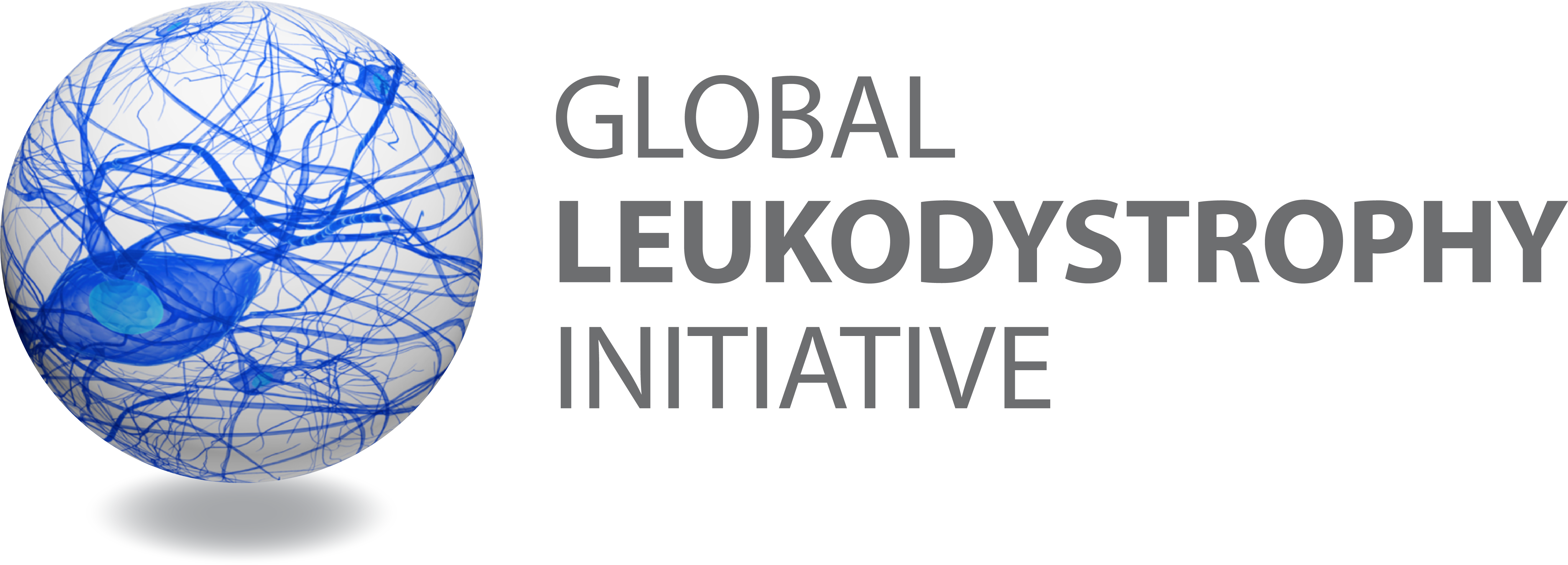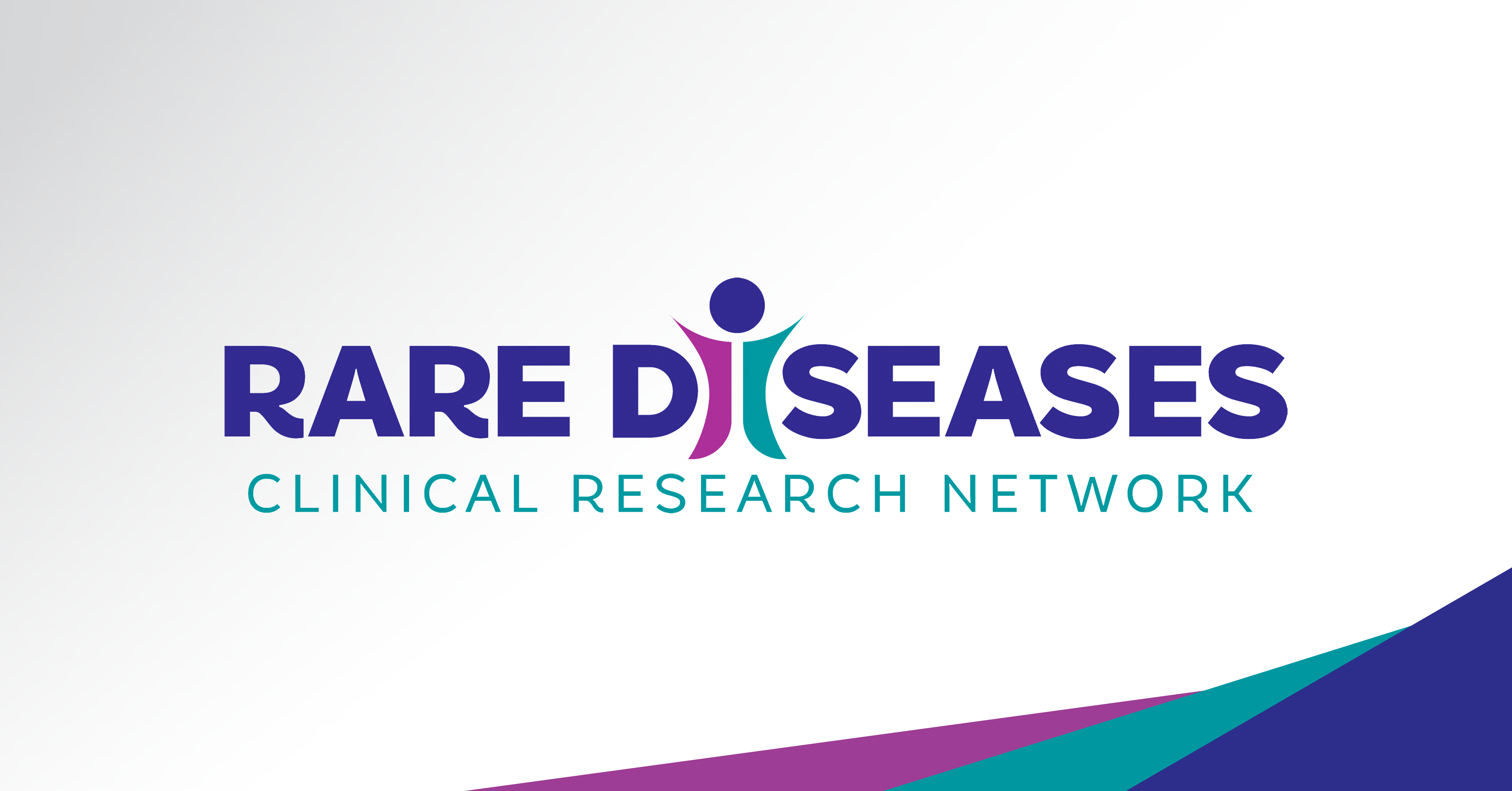An important feature of the Rare Diseases Clinical Research Network (RDCRN) is the direct involvement of patient advocacy groups in our operations, activities, and strategies. Collectively, they represent the perspectives and interests of patients by advising researchers in each rare disease research group (consortium).
To celebrate these powerful collaborations, we worked with patient advocacy groups to share stories of patient involvement in RDCRN research. These stories demonstrate our goals in action—fostering collaboration to advance the diagnosis, management, and treatment of rare diseases.
Patients as Research Partners: Working for Scientific Breakthroughs in Congenital Disorders of Glycosylation
“Our work is fundamental to gather the voice, concerns and experience of the CDG community, showing that patients are essential as research partners. We turn families’ needs and ideas into research projects.”
—Sandra Brasil, PhD, Researcher and Patient Advocate, Portuguese Association for Congenital Disorders of Glycosylation (APCDG)
The CDG & Allies - Professionals and Patient Associations International Network (CDG & ALLIES-PPAIN) develops research projects based on CDG families’ needs. Their latest project is ImmunoCDGQ, a worldwide online questionnaire developed in partnership with families and caregivers to assess immune manifestations in congenital disorders of glycosylation (CDG).
CDG patients have identified immune problems as a major issue, despite the lack of information available on this topic among scientific and medical communities. This gap was the opportunity to collect CDG patients’ voices, demonstrating that patients are valid research partners who hold abundant information about their disease.
The questionnaire was launched via social media in 2018. 210 participants from 31 countries submitted information about 36 CDG types. Study leaders are currently analyzing the data and preparing a publication in partnership with the RDCRN’s Frontiers in Congenital Disorders of Glycosylation Consortium (FCDGC) with the goal of raising awareness on this topic among the research community and empowering CDG families. Data collected will be available and used for research purposes within the consortium and also to open new research avenues that can be explored.
The CDG & Allies - Professionals and Patients Association International Network is a partner in the RDCRN’s Frontiers in Congenital Disorders of Glycosylation Consortium.
Patient Involvement Leads to New FDA-Approved Treatment for Variegate Porphyria
“Variegate porphyria has taken a lot from me—my health, my career, my lifestyle, time with friends and family, and holidays. Participating in research allows me to fight back, to feel like I am regaining some control of my life. We must never settle, we must continue to be involved, to volunteer, to participate, to encourage others to participate. If not us, then who?”
—Sharon Dill, variegate porphyria patient
Since her diagnosis with variegate porphyria in 2014, patient Sharon Dill has participated in several clinical studies, joined advisory boards, presented at conferences, worked with media outlets, and even testified to the FDA in support of rare disease research.
Sharon remembers when her young nephew, Lawson, asked if he was going to “get sick” like her. She replied that if he did, by that time there would be new medicines and treatments that would help him. She was right—her participation in research helped identify a new FDA-approved treatment for variegate porphyria.
“I cried when I found out that it was approved,” says Sharon. “I immediately contacted my treating physician and scheduled an appointment with him. January 13, 2020 was my first injection. Tears rolled down my face, not because it hurt, but because I had not lied to Lawson.”
The American Porphyria Foundation is a partner in the RDCRN’s Porphyrias Consortium.
Patient Testimonials for New Treatment Inspire PKU Research Consortium
“The patient testimonials at the FDA were truly amazing. That day was among the most important and powerful days of my professional career.”
—Cary Harding, MD, FACMG, Scientific Advisory Board Member for the National PKU Alliance
The Phenylketonuria (PKU) community faced challenges in completing a clinical trial and receiving FDA approval for their novel therapeutic. Christine Brown, Executive Director of the National PKU Alliance (NPKUA), organized patients to share their stories with the US Food and Drug Administration. Thanks to these moving testimonials, the drug was ultimately approved.
Christine then wanted to answer the question: What were the barriers they had faced, and how could they measure outcomes moving forward? She brought together key people in the FDA approval effort with industry partners engaged in novel therapeutics research.
During that meeting, large academic questions were raised, highlighting the importance of forming a consortium focused on finding the answers. Researchers partnered with the NPKUA to form Phenylalanine Families and Researchers Exploring Evidence (PHEFREE) in the RDCRN. Cary Harding, MD, FACMG, is now the Principal Investigator on the new consortium.
The National PKU Alliance partners with RDCRN’s Phenylalanine Families and Researchers Exploring Evidence (PHEFREE) consortium.
Patient Joins Clinical Trial to Help Others, Finds First Effective Treatment in Decades
“I hope that with my participation in research, many people will not have to go through the trials and tribulations that I’ve had to experience, and we find a cure for MG (myasthenia gravis). This research has given me many things back in my life.”
—Carmen Scriva, myasthenia gravis patient
Myasthenia gravis (MG) causes disabling muscle weakness. While many patients improve with immune suppression medications, these can produce significant adverse effects, and upwards of 15 percent of patients are poorly responsive. Improvements in care can only come from clinical research powered by patients.
When Carmen Scriva participated in a clinical trial for a new MG treatment—a novel complement inhibitor trial—he responded remarkably after 20 years of treatment resistance. For the first time in years, he was able to pursue one of his biggest passions—riding and working on motorcycles.
“If it wasn’t for the research team working so hard and selflessly for others, I wouldn’t be where I am today,” he says. “I have very high hopes that the treatment continues to work for me and help many others not have to take the hard and long road that I’ve been down.”
RDCRN’s Myasthenia Gravis Network (MGNet) consortium partners with the Myasthenia Gravis Foundation of America and Conquer Myasthenia Gravis.
Patients Power Research in Eosinophilic Gastrointestinal Disorders
“Patient involvement in research is extremely valuable because it allows researchers to understand the human side of a disease.”
—Amy Zicarelli, Support Group Leader for the Eosinophilic Family Coalition (EFC)
A strong collaboration between researchers and patient advocacy groups in the Consortium of Eosinophilic Gastrointestinal Disease Researchers (CEGIR) is demonstrating how partnering with patients can accelerate discoveries for rare diseases.
Seven years ago, researchers and patient advocacy groups decided to partner on a grant application to join the Rare Diseases Clinical Research Network (RDCRN). In 2014, CEGIR won RDCRN funding and established itself as the first multicenter clinical research program focused on EGIDs.
Opportunities for patients to participate in research go far beyond clinical trials—they can join contact registries, complete surveys, attend conferences, and raise funds for research efforts. Patient advocacy groups utilize newsletters and social media communication to ensure that these initiatives are accessible to everyone.
The impact of this participation shows through all that CEGIR has accomplished. In addition to advancing the basic understanding of the disorders, CEGIR is training the next generation of experts, investigating new diagnostics and therapeutics, and moving closer to a cure every day.
The Eosinophilic Family Coalition, Campaign Urging Research for Eosinophilic Disease Foundation, and the American Partnership for Eosinophilic Disorders partner with the RDCRN’s Consortium of Eosinophilic Gastrointestinal Disease Researchers (CEGIR).
Mother of Phelan-McDermid Syndrome Patient Drives Research Breakthroughs
“I am involved in research to learn how to help my child and others similarly affected. I feel hopeful and grateful for the clinicians and researchers who are devoting their working lives to the questions that affect our children.”
—Teresa M. Kohlenberg, MD, of the University of Massachusetts Medical School and mother of Phelan-McDermid syndrome patient


